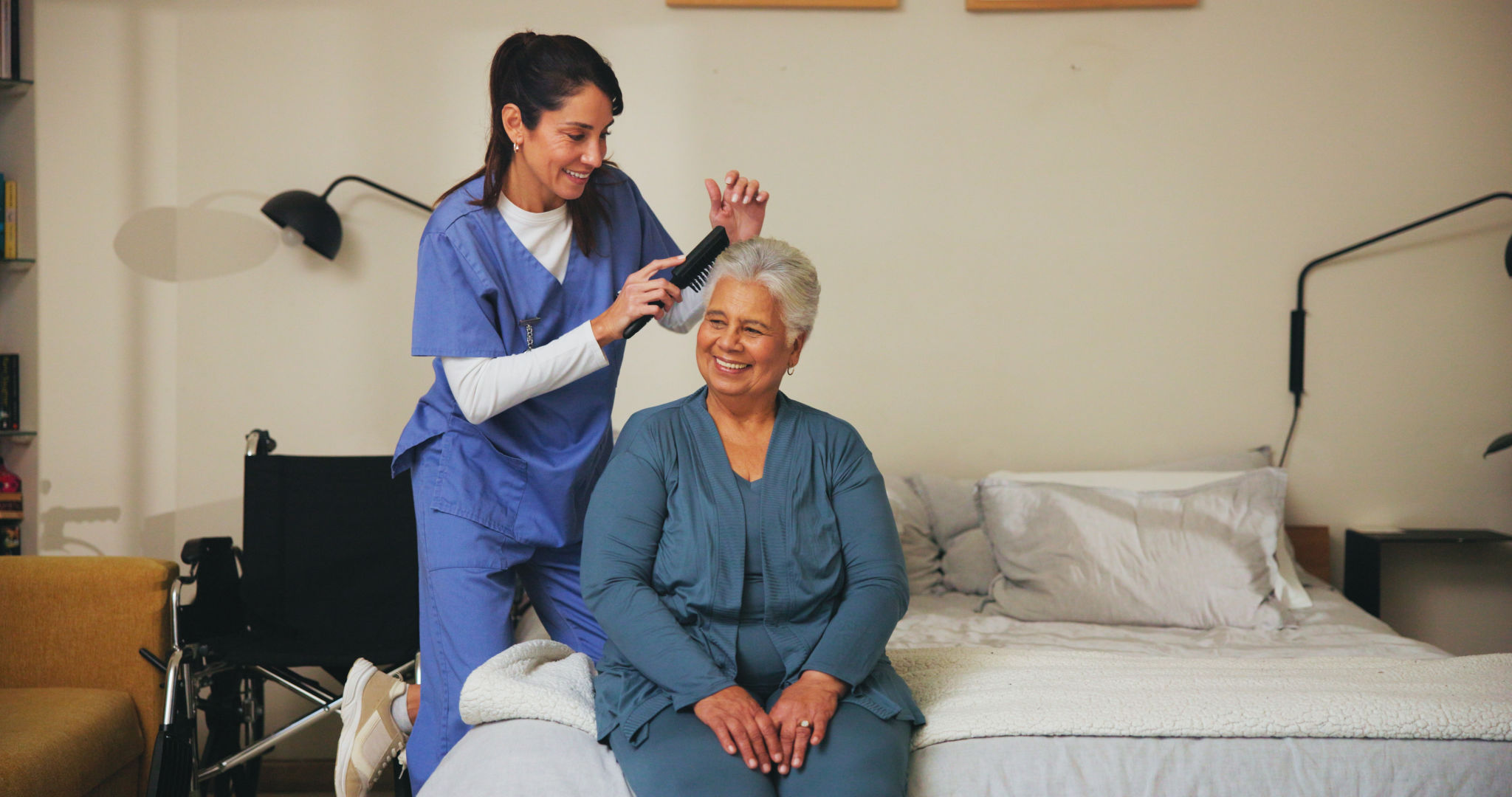How to Transition a Loved One into Memory Care: A Step-by-Step Guide
Understanding Memory Care
Transitioning a loved one into memory care can be a challenging and emotional journey. It is essential to understand what memory care entails and how it can benefit your loved one. Memory care is a specialized type of long-term care tailored to individuals with Alzheimer's disease, dementia, and other memory-related conditions. These facilities provide a safe environment with expertly trained staff to ensure residents receive the necessary care and attention.

Signs It Might Be Time for Memory Care
Recognizing when it might be time to consider memory care is crucial. Here are some signs that may indicate the need for this transition:
- Increasing difficulty in managing daily tasks and personal care
- Frequent disorientation or getting lost in familiar places
- Changes in behavior, such as agitation or aggression
- Worsening memory loss that affects daily life
Having an open conversation with your loved one's healthcare provider can also provide clarity on whether memory care is the right option.
Choosing the Right Facility
Selecting the right memory care facility is a critical step in this transition. Start by researching potential facilities in your area. Consider factors such as location, cost, amenities, and staff qualifications. Visiting each facility can offer valuable insights into the environment and level of care provided.

Questions to Ask During Visits
During your visit, ask questions to help gauge whether the facility meets your loved one’s needs. Some questions to consider include:
- What is the staff-to-resident ratio?
- How are medical emergencies handled?
- What types of activities are available for residents?
- How does the facility handle challenging behaviors?
Preparing for the Transition
Once you have chosen a facility, preparing for the transition is essential. Involve your loved one in the process as much as possible. Discuss what to expect and encourage them to bring personal items that will make their new environment feel like home.

Managing Emotional Challenges
The transition to memory care often brings emotional challenges for both the individual and their family. Open communication is vital. Encourage your loved one to express their feelings about the move, and reassure them of your continued support and presence.
Settling Into Memory Care
After the move, it is important to give your loved one time to adjust to their new surroundings. Regular visits from family and friends can provide comfort and help ease the transition. Engage with the staff to stay informed about your loved one's well-being and any changes in their condition.
Monitoring Progress and Staying Involved
Stay actively involved in your loved one's care by attending meetings and discussing any concerns with the staff. Regularly evaluate whether the facility continues to meet your loved one's needs and make adjustments if necessary.
Transitioning a loved one into memory care is a significant decision that requires careful planning and consideration. By understanding the process and being proactive, you can ensure that your loved one receives the best possible care in a supportive environment.
